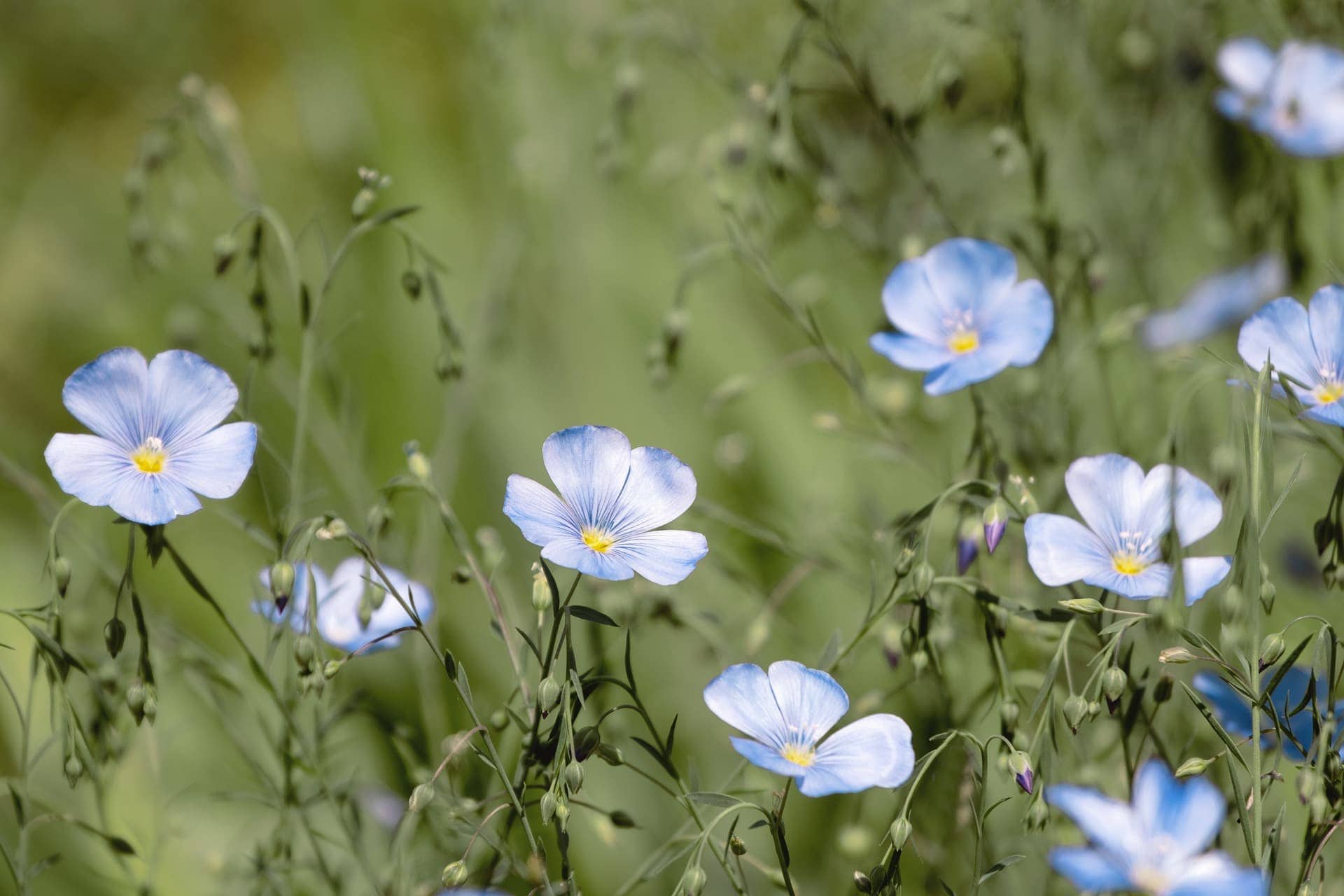Trends in Russian agriculture were discussed at the conference in Moscow

The XIII Russian Crop Production – 2021/22 conference, organized by the Agroinvestor journal, took place on September 24 at the Hilton Moscow Leningradskaya hotel (Moscow).
During the first session “General trends in the development of Russian crop production”, Dmitry Rylko, General Director of the Institute for Agricultural Market Studies (IKAR), reported that Russia may increase the sowing of oilseeds for biofuel production. At the same time, Dmitry Rylko stressed that the cultivation of oilseeds for the production of biofuel is economically unprofitable for Russia, since the prices for this product are much lower than for oil, while in Europe this fuel is becoming more expensive.
Mr. Rylko also noted that the export of such crops as rapeseed and false flax (Camelina sativa) is not regulated by duties. Therefore, farmers are expanding areas for oilseeds.
The second session was devoted to the markets of grain and oilseeds, sugar beet, potatoes and open field vegetables, industrial hemp, and linen flax.
For example, the crops of industrial hemp now occupy 10 thousand hectares. The General Director of Smart Hemp, Maxim Uvarov, noted that the increase in its crops is associated with the construction of plants for the processing of hemp. Mr. Uvarov also said that hemp is a good alternative to cotton and linen, as well as an excellent material for bioplastics.
Evgeny Ivanov, a leading expert at IKAR, reported that sugar consumption in Russia has been declining in recent years due to poor demographics. In 2020-2021, Russia can produce about 5.8 million tons of sugar, taking into account the processing of syrup and molasses, provided that about a million hectares of sugar beets are harvested and the harvested crop is preserved.
According to the statement of Alexei Krasilnikov, Executive Director of the Potato Union, the dynamics of a reduction in areas in personal subsidiary plots will continue until 2026 (in 2006, 10 million tons of potatoes left the market, and in 2016 — 8 million tons). Alexei Krasilnikov also noted that we need to double potato production and reach at least 11 million tons to prevent artificial or real shortages.
Valeriy Misharin, Executive Director of the Russian Linen company, reported that flax occupies only about 0.4% of the fabric market, which is caused by the limited production of high-quality long fibers and, as a result, the high cost of linen yarn, which is 2.5-3 times higher than the cost of cotton.
During the final session, Dmitry Popov, General Director of Paritet Agro, noted the problem of a significant increase in prices, including for seeds by 10%, agricultural equipment by 30-40%, and construction materials by 100%. Among other issues, he stated the regular change in export duties, the loss of sales markets, and the lack of government support.
Artur Paronyan, Corporate Finance Director of AgroTerra, reported on the strong influence of weather conditions, which cut the yield of wheat and barley. However, taking into account current prices and harvest, the company expects to reach planned values.



